

Zoe Cross “People with a disability should use a specialist dating site for the disabled. Achieving positive date matching outcomes for people with a visible disability can be challenging.” This essentially was the message a female would-be customer of a dating portal received recently. The woman involved is a BBC journalist and a wheelchair user
Read More
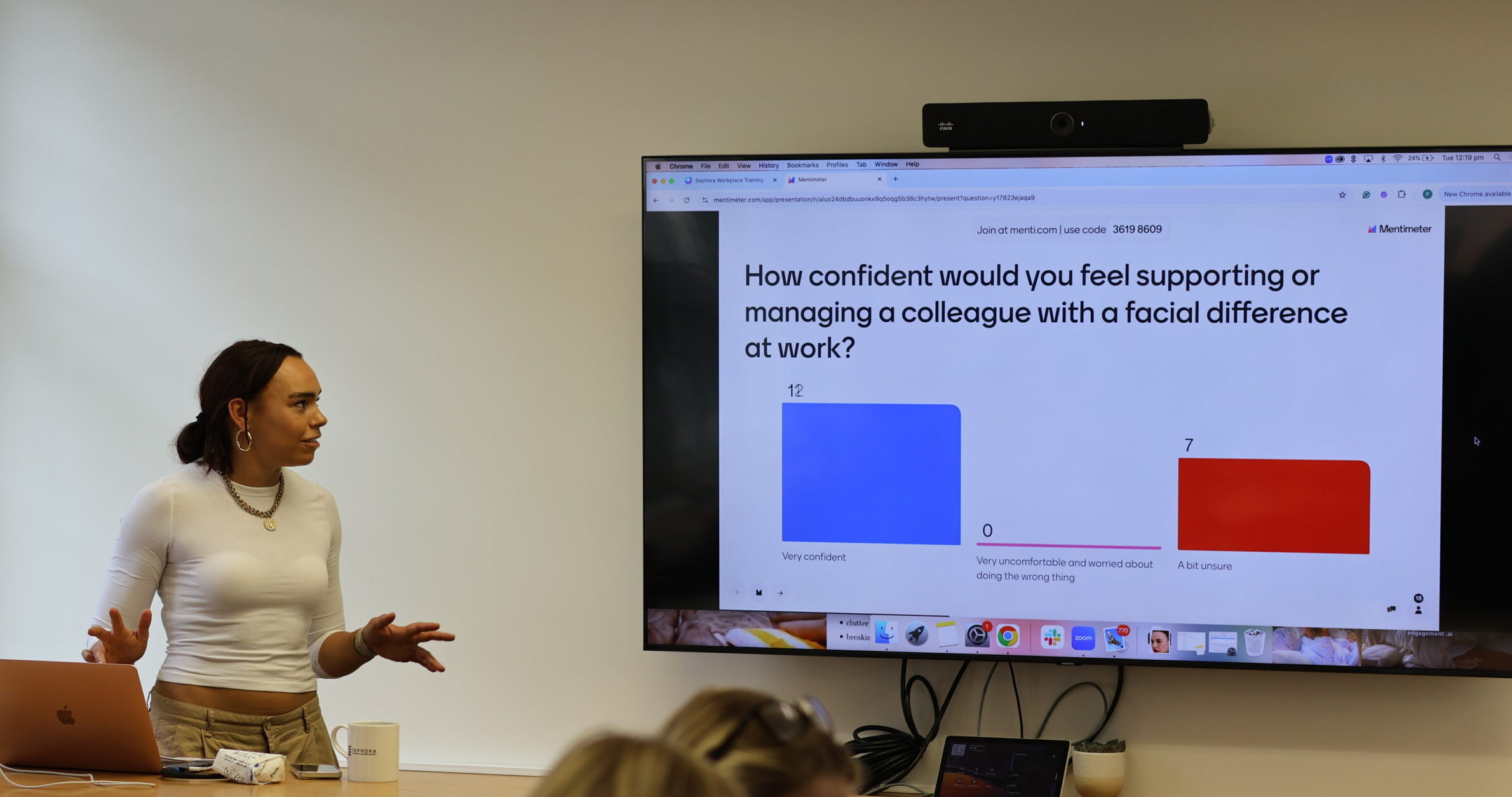
“I feel like this is just the beginning of representation in all of the media, and to showcase how beautiful differences really are.”
Read More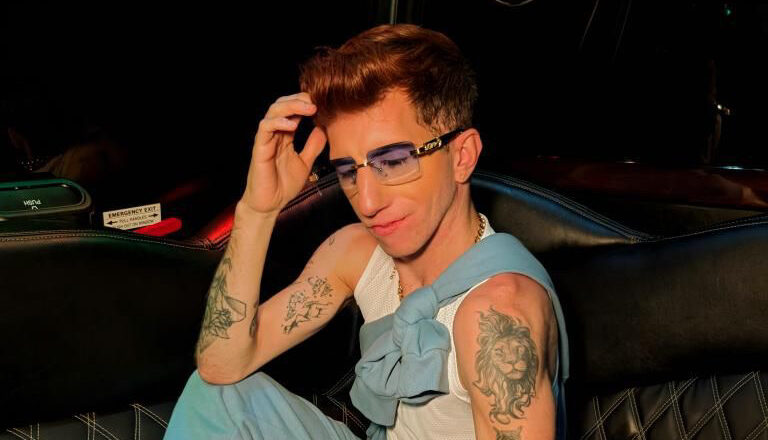
“I feel like this is just the beginning of representation in all of the media, and to showcase how beautiful differences really are.”
Read More
We deeply were saddened and frustrated this week to read a story in the news of a member of the facial difference community in Britain being asked to leave a London restaurant by staff who claimed that the customer’s appearance was upsetting other diners.
Read More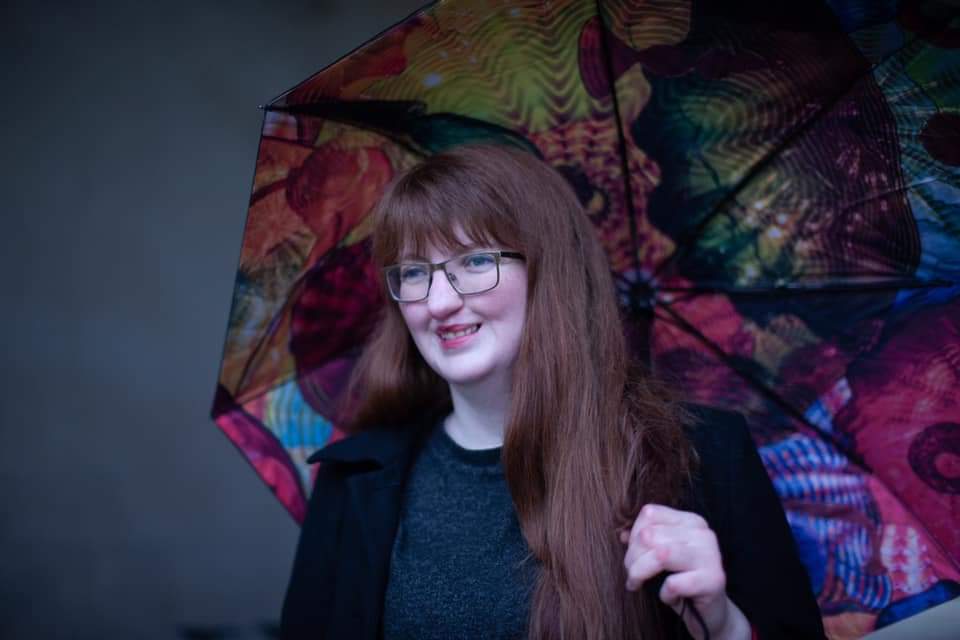
“I have worked in facial difference research for almost five years now – something I never ever thought I would say.”
Read More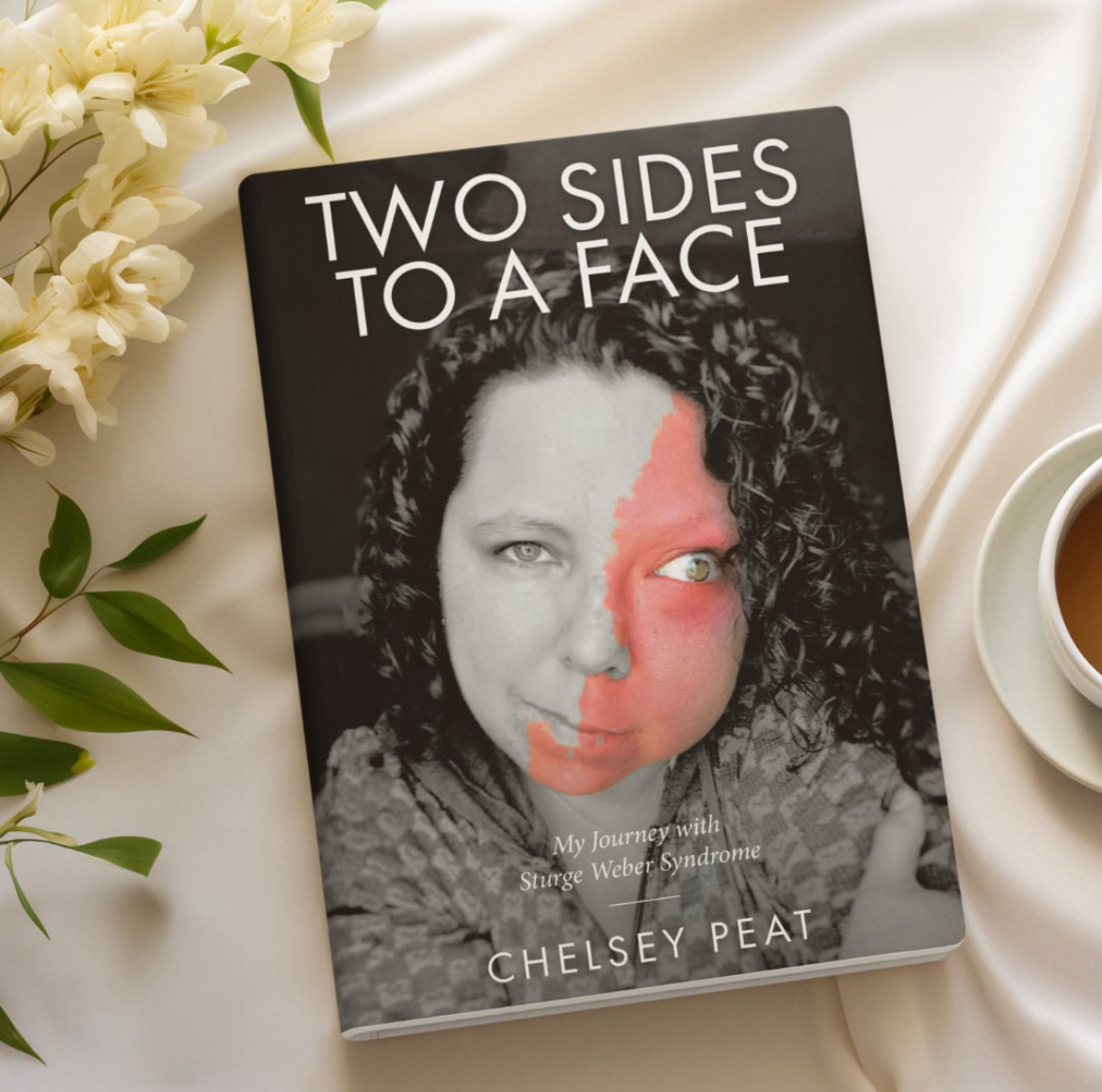
“I was reminded that one person can make a difference. I was reminded that I was that person; that I made a difference. That the start of my advocacy work started with a spark of anger”.
Read More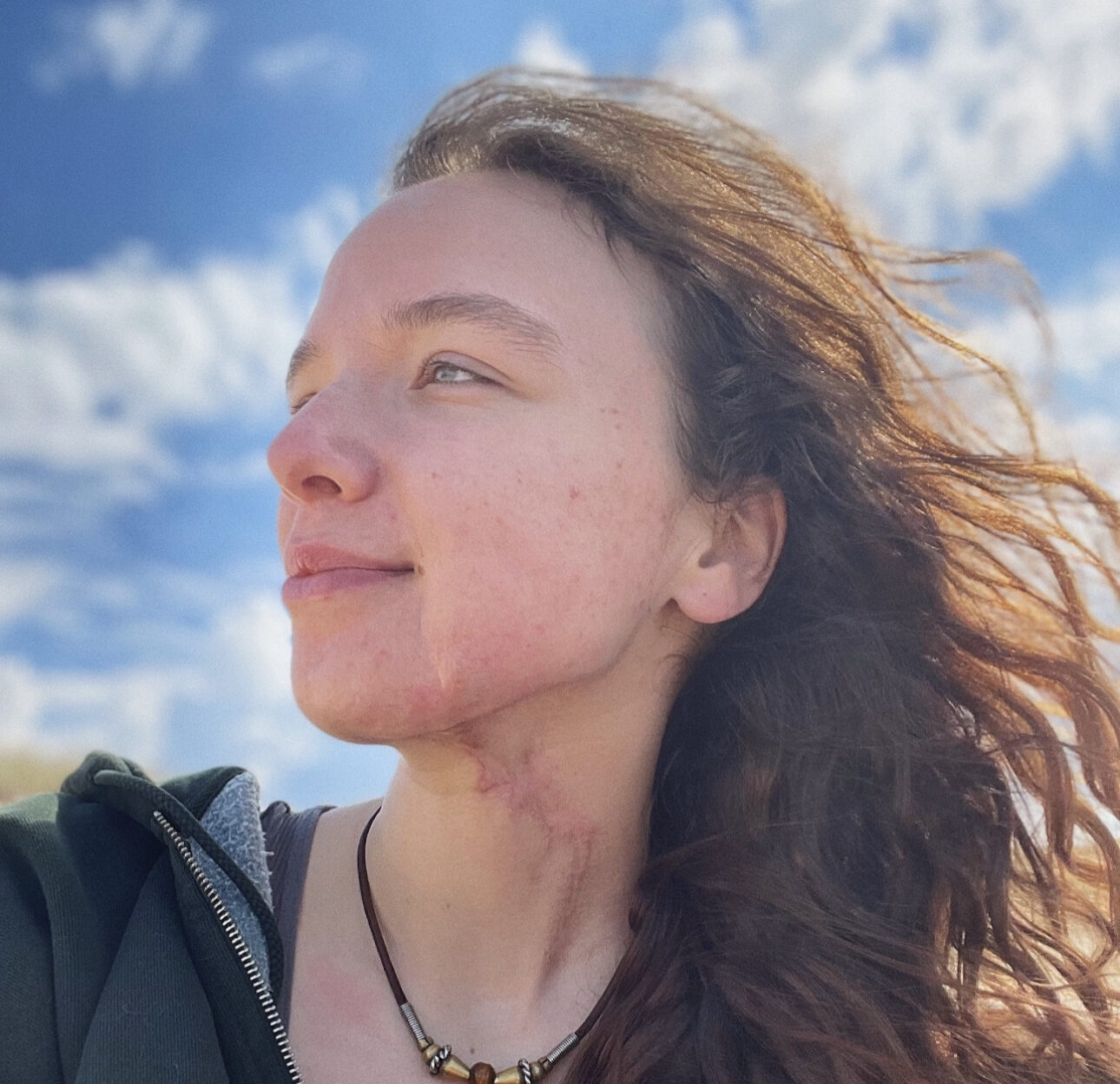
My name is Logan Zelenak and I was born with a fast flow vascular anomaly in my left mandible. When I was nine I acquired a long scar from surgery ranging from the top of my left ear to the bottom of my neck. I’ve come a long way with accepting my facial difference, but like anyone would, I’ve had my fair share of bumps along the way.
Read More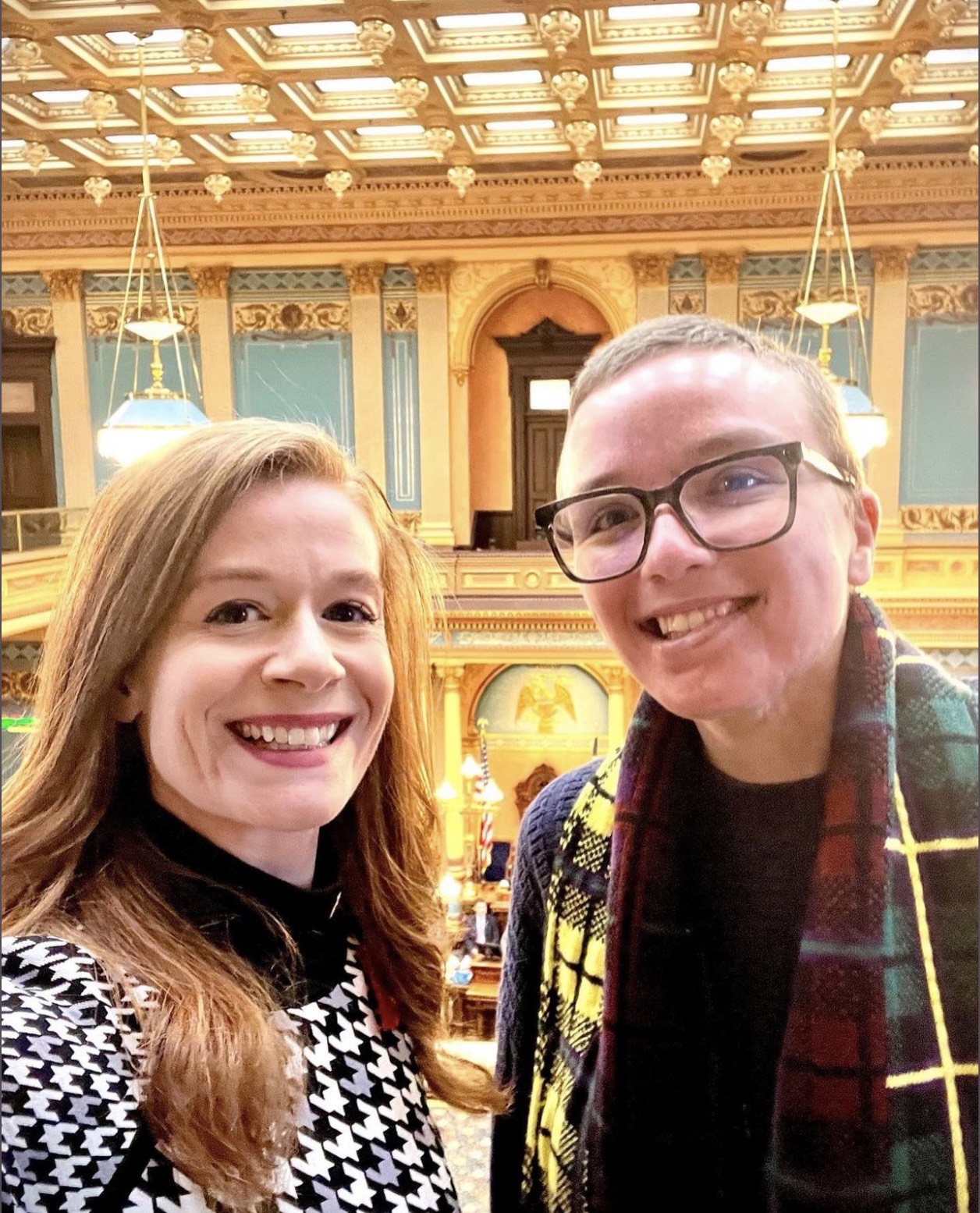
Logan Zelenak is a face equality activist based in Michigan. Their recent efforts have seen them connect with their local Senator, resulting in a vote to mark face equality day in the state. Logan documents their journey and shares their personal thoughts and experiences of the process.
Read More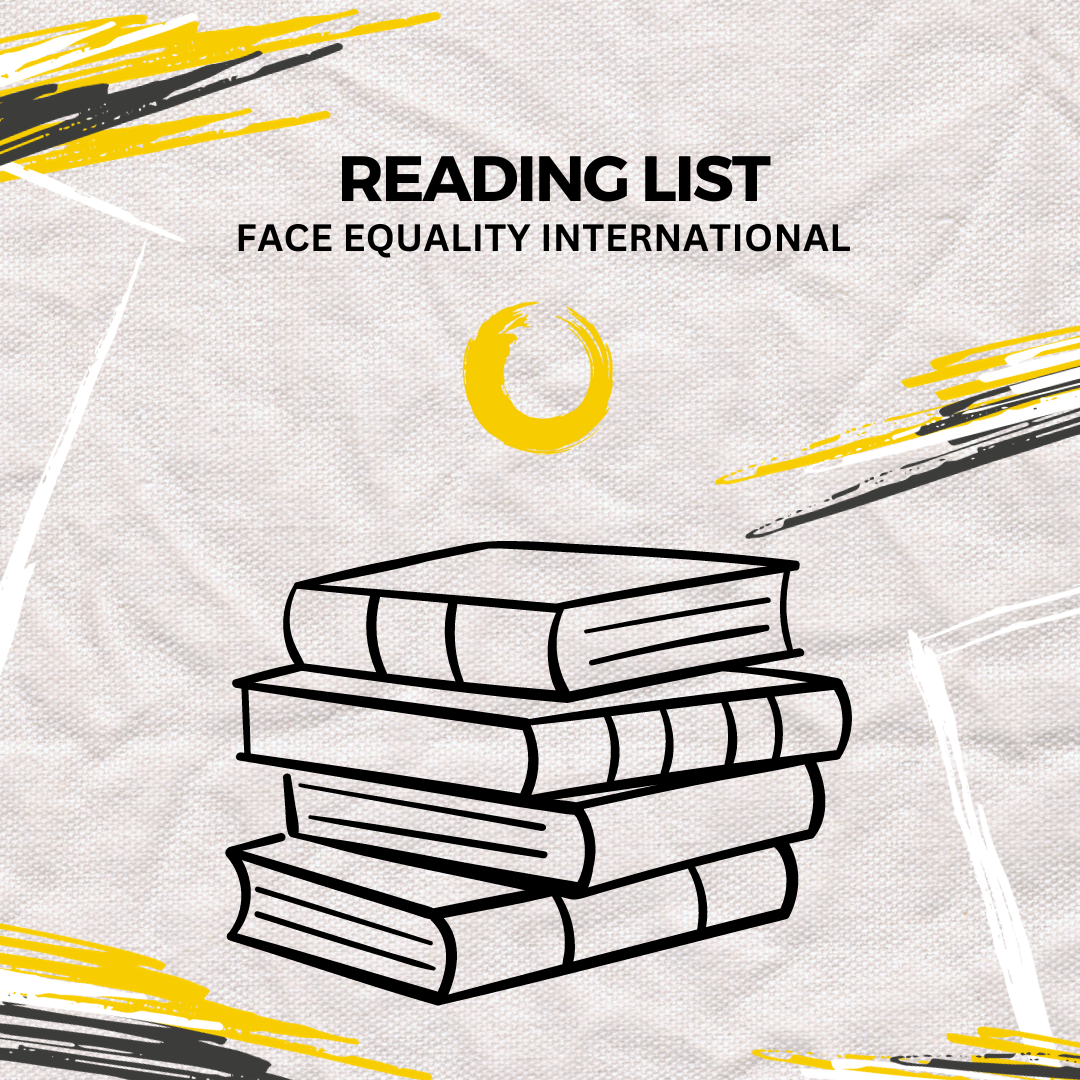
A selection of books and reading material from authors with lived experience, or who have a loved one with a facial or visible difference.
Read More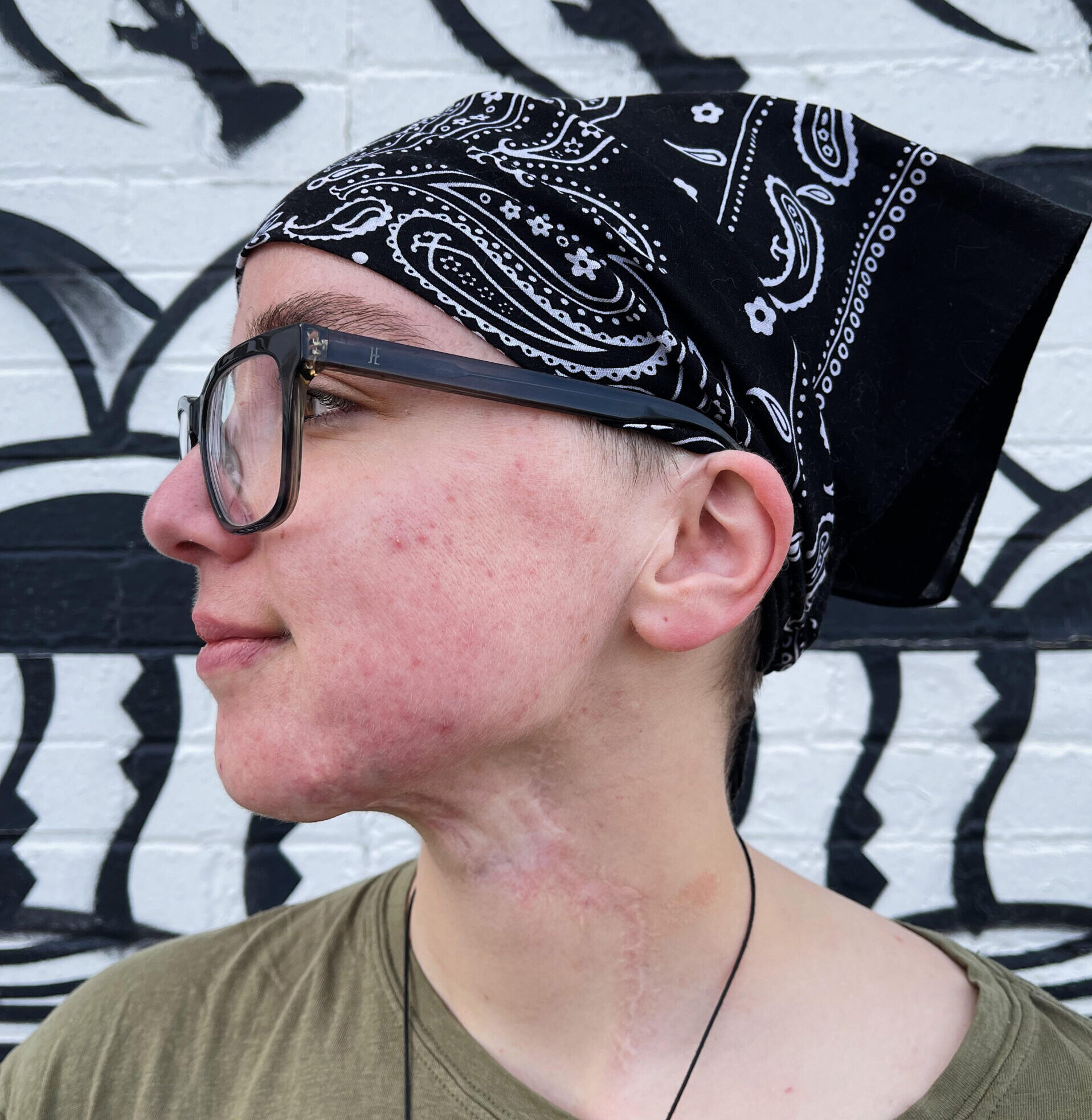
When I didn’t want to deal with pointed fingers or questioning looks while out in public, I could just let down my shield of long hair to cover as much of it as I needed. Now that’s not an option.
Read MoreTo advance equality, we must stop fearing our differences, recognize our conscious and unconscious biases, and shift our focus to our unique strengths and talents. End the worn-out tropes and stereotypes and normalize disfigurement.
Read More